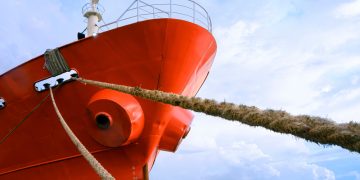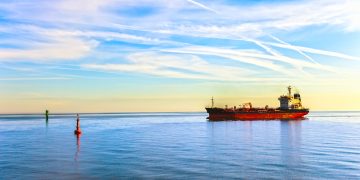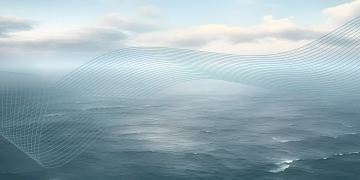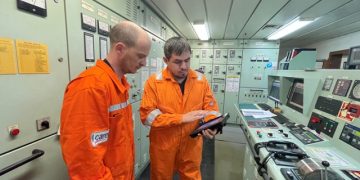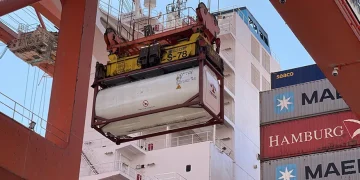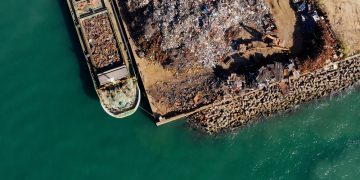Reports establish tens of millions of gallons of BP oil still in Gulf
Millions of gallons of oil from BP’s 2010 Deepwater Horizon blowout have been discovered in the sediments on the Gulf of Mexico’s floor says a new report, giving lie to the petroleum giant’s continue claims that it eradicated the worst consequences of the biggest maritime oil spill in US history. This and other studies are offering documentary evidence that backs findings by independent researchers who have spoken to Bellona, and begin to assemble the puzzle about where mutated fish life, plunging seafood harvests, continued oily beaches and persisting and emergent human health conditions are coming from. The Florida State University issued a report, which comes amid the third and final stage of BP’s civil trial over the spill. Earlier this month, an expert witness for BP testified that the Gulf’s shoreline had shown “substantial recovery” since the spill, and that BP’s work to clean up the oil had been “comprehensive” and “effective.” But this and other studies – as well as compelling expert testimony at the trial – show that the spill’s lasting impact on the Gulf – and the amount of oil left in it – are far from being determined. The last week of the civil trial, in which the US Justice Department is ...
Read more






